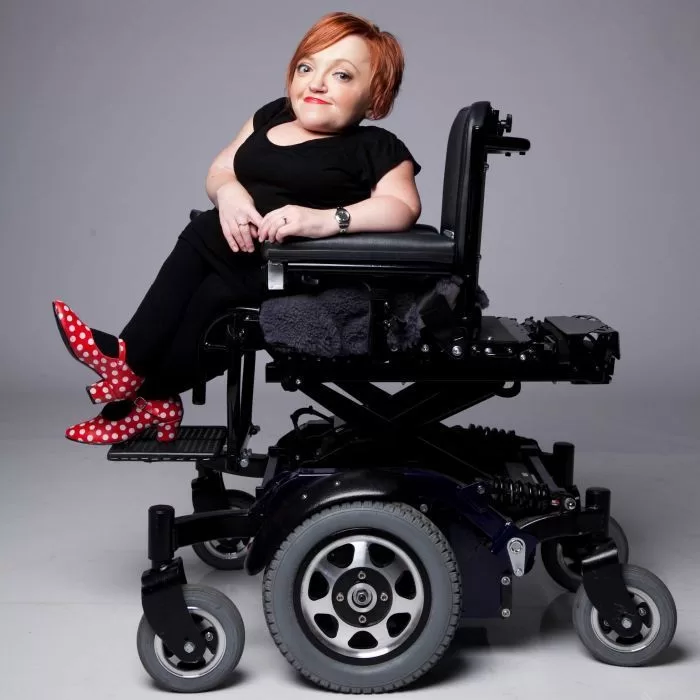Updated on September 9, 2024

Hospital discharge is an important phase of patient care, marking the transition from hospital to home or another care facility.
In Australia, this process involves several important considerations for patients and healthcare providers.
Hence, it’s good to know the discharge process, your responsibilities and the potential risks associated with unsafe discharges.
What Does Hospital Discharge Mean?
Hospital discharge refers to the formal process of leaving the hospital after receiving treatment.
It happens when a patient has recovered sufficiently or when further care is no longer required in a hospital setting.
Discharge planning usually involves the coordination of various healthcare professionals, including doctors, nurses, social workers, and sometimes occupational therapists, to ensure that patients have the support they need after leaving the hospital.
This decision is usually based on the following factors:
- Your medical condition: The severity of your illness or injury and your treatment progress.
- Your ability to care for yourself: Whether you can manage your daily activities and medications independently.
- The availability of support services: If you require assistance at home or in the community.
Steps of a Discharge Plan
- Medical Assessment: This is a final review of the patient’s condition to determine whether they are stable enough to leave the hospital.
- Post-Discharge Care Instructions: Details about medications, follow-up appointments, lifestyle modifications, and any necessary home care services.
- Support Services: Arrangements for support services such as home nursing, physiotherapy, or social support if needed.
- Patient Education: Information about recognising signs of complications and when to seek medical help.
- Documentation: Written summaries of the care provided, the current condition, and the plan for ongoing care.
Can You Refuse to Be Discharged from Hospital in Australia?
In Australia, patients have the right to participate in decisions about their care, including the timing of their discharge.
If you feel unprepared to leave the hospital or believe that your discharge is premature, you can refuse to be discharged.
In general, you cannot refuse to be discharged from a hospital if your healthcare providers believe that it is safe for you to do so.
However, there are some exceptions:
- Mental health patients: Under Australian mental health laws, patients may have the right to refuse involuntary discharge from a psychiatric hospital.
- Court-ordered treatment: If you are in a hospital due to a court order, you may have limited options for refusing discharge.
Can You Discharge Yourself from the Hospital?
Yes, patients in Australia have the right to discharge themselves from the hospital, even against medical advice. This is known as “discharge against medical advice” (DAMA).
While patients are entitled to make this decision, it is generally only recommended if you fully understand the potential risks involved.
Risks of Self-Discharge
- Incomplete Recovery: Leaving the hospital before you have fully recovered can lead to complications or the worsening of your condition.
- Lack of Follow-Up Care: Patients who discharge themselves may need more follow-up care or instructions.
- Insurance Implications: Depending on the policy, discharging yourself against medical advice may have implications for health insurance claims.
Before deciding to discharge yourself, consider the following:
- Your medical condition: Are you stable enough to manage your care outside of the hospital?
- Your support system: Do you have someone to assist you at home or in the community?
- The potential risks: Understand the risks associated with leaving the hospital prematurely.
What is an Unsafe Discharge?
An unsafe discharge happens when a patient is released from a hospital before they are ready to go home, potentially putting their health at risk.
This can happen for various reasons, including:
- Insufficient treatment: The patient may need to receive adequate care to address their underlying condition.
- Inadequate planning: Lack of proper discharge planning, such as not arranging for necessary home care services or failing to provide clear instructions on medication management.
- Inadequate discharge planning: The patient may need a plan in place for ongoing care and support.
- Lack of necessary resources: The patient may need access to the resources they need to manage their condition at home.
Unsafe discharges can have severe consequences for patients, including increased risk of readmission to the hospital, complications, and even death.
To avoid an unsafe discharge, patients and their families should actively participate in the discharge planning process, ask questions, and ensure that all necessary arrangements are in place before leaving the hospital.
Can a Hospital Refuse to Discharge a Patient?
Generally, a hospital cannot refuse to discharge a patient who is medically ready to go home.
However, in some cases, a hospital may refuse to discharge a patient if they believe that doing so would endanger the patient’s health or safety.
For example, if a patient requires continued medical care that cannot be safely provided at home or if there is a lack of appropriate support or services available, the hospital may delay discharge.
Situations Where Discharge May Be Refused
- Ongoing Medical Needs: Patients who need ongoing monitoring or treatment that cannot be managed outside the hospital setting.
- Mental Health Concerns: Patients who are at risk of self-harm or harm to others may be kept in the hospital for their safety.
- Lack of Home Support: If there is a suitable environment or support system at home, the hospital may only discharge the patient once proper arrangements are made.
Patient Rights in Case of Refusal
If a hospital refuses to discharge you, you have the right to understand the reasons behind this decision.
The healthcare team should explain the specific medical or safety concerns and work with you to address any barriers to discharge.
In some cases, social workers or patient advocates may be involved to help resolve issues and facilitate a safe discharge plan.
Conclusion
Knowing your rights and the discharge process helps ensure a safe and successful transition from hospital to home. While you have the right to refuse discharge or discharge yourself, it is important to carefully consider the medical advice provided and ensure that you are fully prepared for the responsibilities of post-discharge care.
Hospital Discharge Support at Centre Disability Support
At the Centre for Disability Support, we understand the complexities and emotions involved when transitioning from hospital care. Our primary goal is to ensure that every individual experiences a smooth and stress-free shift, whether returning home or moving to another healthcare facility.
Whether you’re seeking support for yourself, a loved one, or simply wish to learn more about our services, we’re here to help.
Sources



